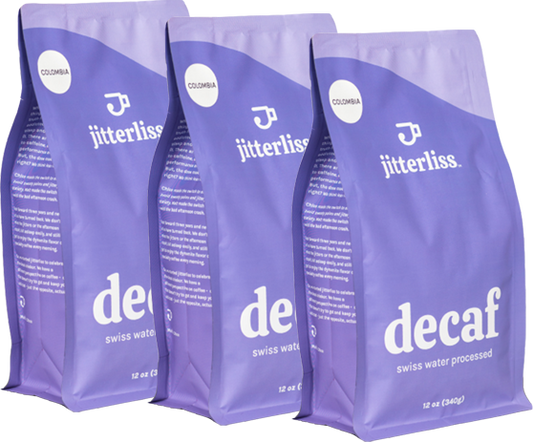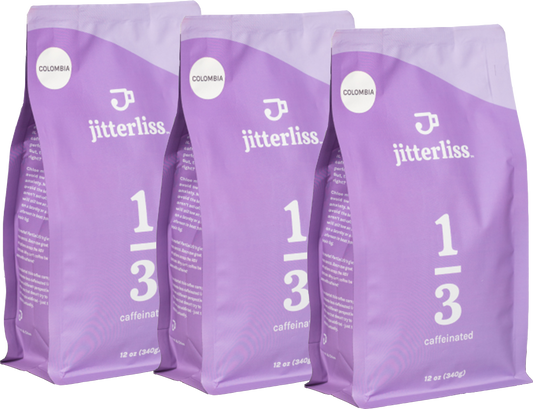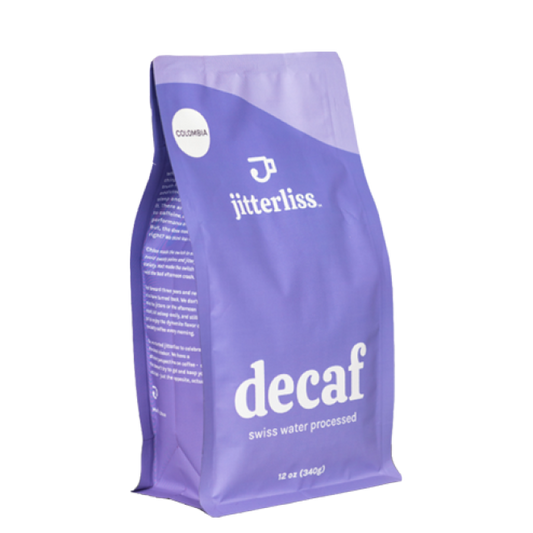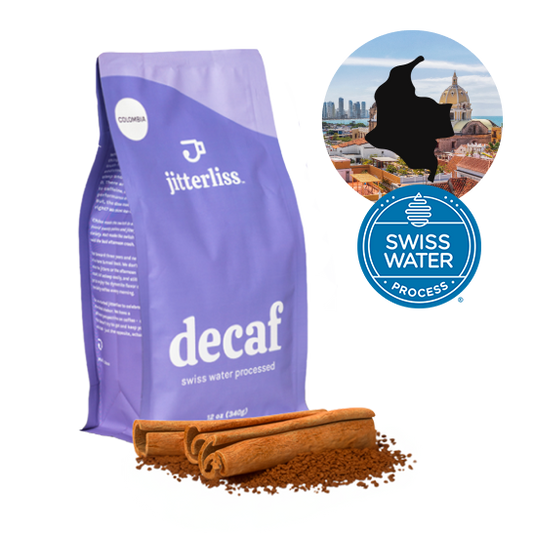Intro
- Up to 90% of Americans consume caffeine daily.
- Pregnant women receive warnings about caffeine intake.
Can I drink coffee during pregnancy?
- Caffeine during pregnancy is safe in moderation.
- Excessive caffeine can cause adverse effects on the baby.
Caffeine and fertility
- High caffeine intake can impact fertility, causing conception delays.
- Babies born to mothers with high caffeine intake may experience caffeine withdrawal.
How much is too much
- Safe caffeine intake during pregnancy is around 200 to 300 milligrams per day.
- A tall Starbucks coffee (12 oz) contains about 225 mg of caffeine.
- A small cup of black tea (8 oz) contains about 47 mg of caffeine.
- A can of Coke contains 34 mg of caffeine.
- An energy drink like Monster contains 160 mg of caffeine.
- Bang energy drink contains 300 mg of caffeine.
- Refer to the caffeine chart by the Center for Science in the Public Interest for more information.
Sugar
- Be mindful of sugar and other ingredients in drinks.
- Excessive sugar intake during pregnancy can have negative impacts on mother and baby.
- Pregnant women should limit free sugar intake to six teaspoons per day.
- Energy drinks and sodas contain high levels of sugar and chemicals that are not beneficial during pregnancy.
Herbal Tea
- Herbal teas are great alternatives to caffeinated drinks during pregnancy.
- Some pregnancy-safe herbal teas include raspberry leaf tea (avoid in the first trimester), peppermint tea, ginger tea, chamomile tea, and dandelion root tea.
- Raspberry leaf tea is especially beneficial for preparing the uterus for labor (2 cups a day in the third trimester).
- Peppermint, ginger, and chamomile teas help with nausea, vomiting, acid reflux, and sleep.
- Dandelion root tea tastes like coffee and can be mixed with coconut milk, honey, or stevia.
- Moderate caffeine consumption (200-300 mg/day) is safe during pregnancy.
- Avoid excessive amounts of coffee, especially venti-sized cups from Starbucks or 3-4 cups a day.
- Tea has slightly less caffeine than coffee and reusing tea bags or switching to herbal teas can reduce caffeine intake.
- Be mindful of added sugars in drinks that provide empty calories.
Outro
- This video provides information on safe caffeine consumption during pregnancy and alternatives to reduce caffeine intake.
- Online courses are available at builttobirth.com to help navigate pregnancy, birth, and postpartum.




